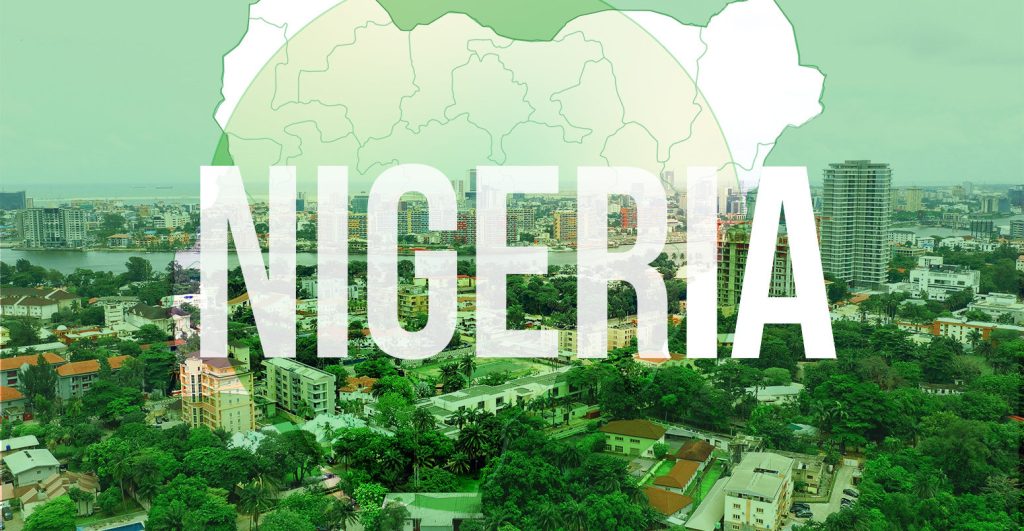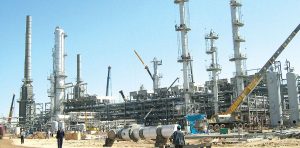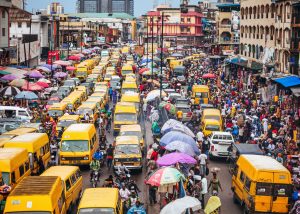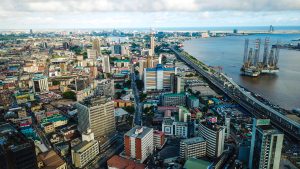Nigeria – the Giant that Moves the World: Why is Nigeria so important to the world?

When you land in Lagos, the restless heartbeat of Africa, you can feel it almost immediately: the hum of human energy. From the sprawling markets of Balogun to the glass towers of Victoria Island, Nigeria radiates a paradoxical power. It is a place of ambition and adversity, innovation and instability. Yet, despite its contradictions, one truth stands tall – Nigeria matters. Not just to Africa, but to the entire world; and also, she is a population powerhouse.
![]()
![]()
With more than 220 million people and counting, Nigeria is the most populous nation in Africa and the sixth most populous in the world. Demographers project that by 2050, it will be home to over 400 million people, surpassing the United States to become the third-largest nation on Earth.
This sheer demographic force gives Nigeria an extraordinary kind of leverage. Its youth population, more than 60 percent under the age of 25, is both a challenge and an opportunity. It signals looming social pressure, unemployment, infrastructure strain and migration. While for others it represents untapped potential: a vast, young workforce that could power Africa’s next industrial revolution. “Where Nigeria goes, Africa goes,” says Dr. Ifeoma Eze, an economist at the University of Lagos. “If this country gets its development model right, the entire continent changes trajectory”.
As the economic engine of Africa, Nigeria’s economy, despite its volatility, is a continental juggernaut. Officially, it’s the largest economy in Africa, driven by oil and gas, agriculture, technology, and an ever-growing services sector. Its GDP, estimated at over $470 billion, dwarfs those of many of its neighbors combined.



The country is also a magnet for international capital. From venture funds backing Lagos tech startups to Chinese infrastructure projects and Western energy giants, global investors continue to place their bets on Nigeria’s future. Foreign direct investment, though inconsistent, remains a crucial lifeline. The country also benefits from one of the largest diasporas in the world. Its remittances spins over $20 billion annually, forming one of the steady pillars of its economy.
Nigeria’s role in the African Continental Free Trade Area (AfCFTA) underscores its economic gravity. As one of the agreement’s most important members, Nigeria is expected to anchor intra-African trade and drive industrial integration across the region.
![]()

![]()
Yet, this potential coexists with profound challenges such as corruption, insecurity and infrastructure gaps that have stifled manufacturing and widened inequality. Still, Nigerians remain defiantly entrepreneurial. “We are the world’s most resilient people. Every day, we find a way to turn problems into profits” – says Aisha Bello, founder of a small agritech startup in Kano.
The oil, gas and the global market: Nigeria’s place in the world is also written in crude oil. As one of the top ten oil producers globally, the country has long been a cornerstone of the international energy market. Its reserves of oil and natural gas make it a key player in OPEC and a pivotal source of supply for both Europe and Asia.
But as the world transitions toward renewable energy, Nigeria faces a delicate balancing act—leveraging its petroleum wealth while diversifying its economy for a post-oil future. The country’s push into natural gas and renewable energy projects signals an awareness that the era of oil dominance may be nearing its end.
As a political and regional power: in politics, Nigeria’s influence stretches well beyond its borders. Since independence in 1960, it has been a diplomatic heavyweight on the continent. It played a key role in founding the Organization of African Unity, which is now the African Union, and continues to be one of the largest contributors to peacekeeping missions in Africa.



From Liberia to Sierra Leone, Nigerian troops have helped quell conflicts and stabilize fragile states. Its government often serves as an anchor for regional diplomacy, shaping policies through the Economic Community of West African States (ECOWAS).
Despite domestic turbulence ranging from internal ethnic tensions to the fight against terrorism, Nigeria’s voice still carries weight in international forums. Global powers from Washington to Beijing, court Abuja’s partnership, knowing that any strategy for Africa’s future must pass through Nigeria’s corridors.
Nigerian as Africa’s leading cultural superpower. Beyond economics and politics, Nigeria’s soft power is arguably its most dazzling export. Its culture is everywhere. Afrobeat rhythms reverberate from Lagos to London; Nigerian literature, from Chinua Achebe to Chimamanda Ngozi Adichie, continues to shape global narratives; and “Nollywood,” the country’s prolific film industry, is now the second-largest in the world after India’s Bollywood.
![]()
Nollywood films that is fast-paced production, emotional and deeply rooted in everyday Nigerian life, generate billions of naira/dollars annually, and captivate audiences across Africa, the Caribbean and beyond. The rise of global streaming platforms like Netflix has only amplified their reach, with Nigerian films and series now topping international charts.
According to some Nigerian filmmaker in this creative explosion that has transformed Nigeria into a cultural beacon, they say “We’re not just telling our stories”. “We’re redefining what it means to be African in the 21st century.”
Nigeria’s identity is as complex as its population. With more than 500 languages and over 250 ethnic groups, it is a mosaic of traditions, faiths, and histories. The Yoruba, Igbo, and Hausa-Fulani dominate politically and economically, but every region carries its own rhythms and rivalries.
This diversity has been both a blessing and a burden, fueling creativity but also conflict. From debates over federalism to disputes over resource control, Nigeria’s internal politics remain a microcosm of the larger African struggle for unity in diversity.

So why does Nigeria matter so much to the world? Because its story is, in many ways, the story of the future. A nation that stands at the crossroads of globalization and tradition, capitalism and community, hope and hardship.
Its population could either propel it into global prominence or strain it to breaking point. Its economy could drive continental prosperity or sink under mismanagement. Its creativity could redefine African modernity or be stifled by poor governance. Thus, for investors, politicians and cultural observers alike, Nigeria is both a promise and a warning. A country that embodies the stakes of development in the 21st century.
Nigeria is not just another African country. She is the pulse of a continent and a mirror of what the world will become – a growing, restless, diverse and determined state, rising.






